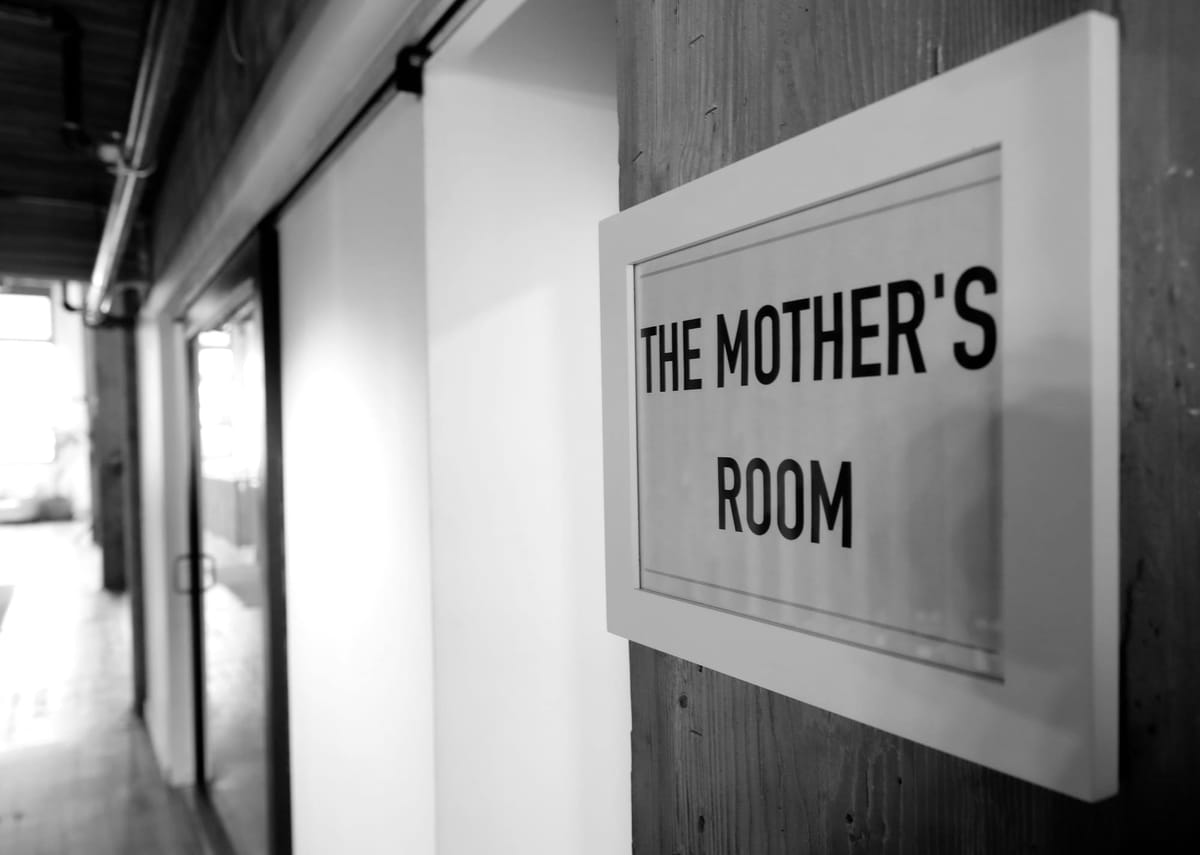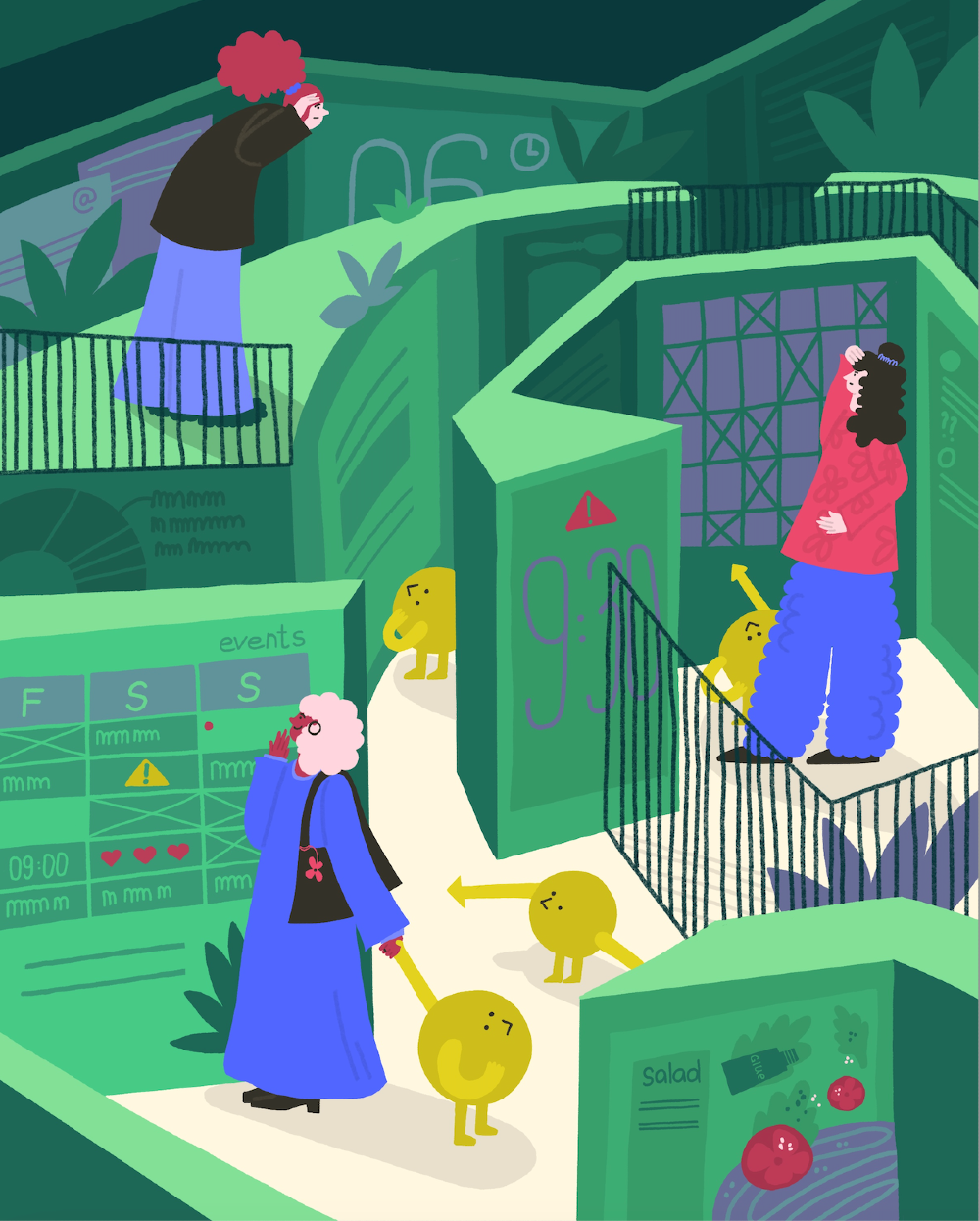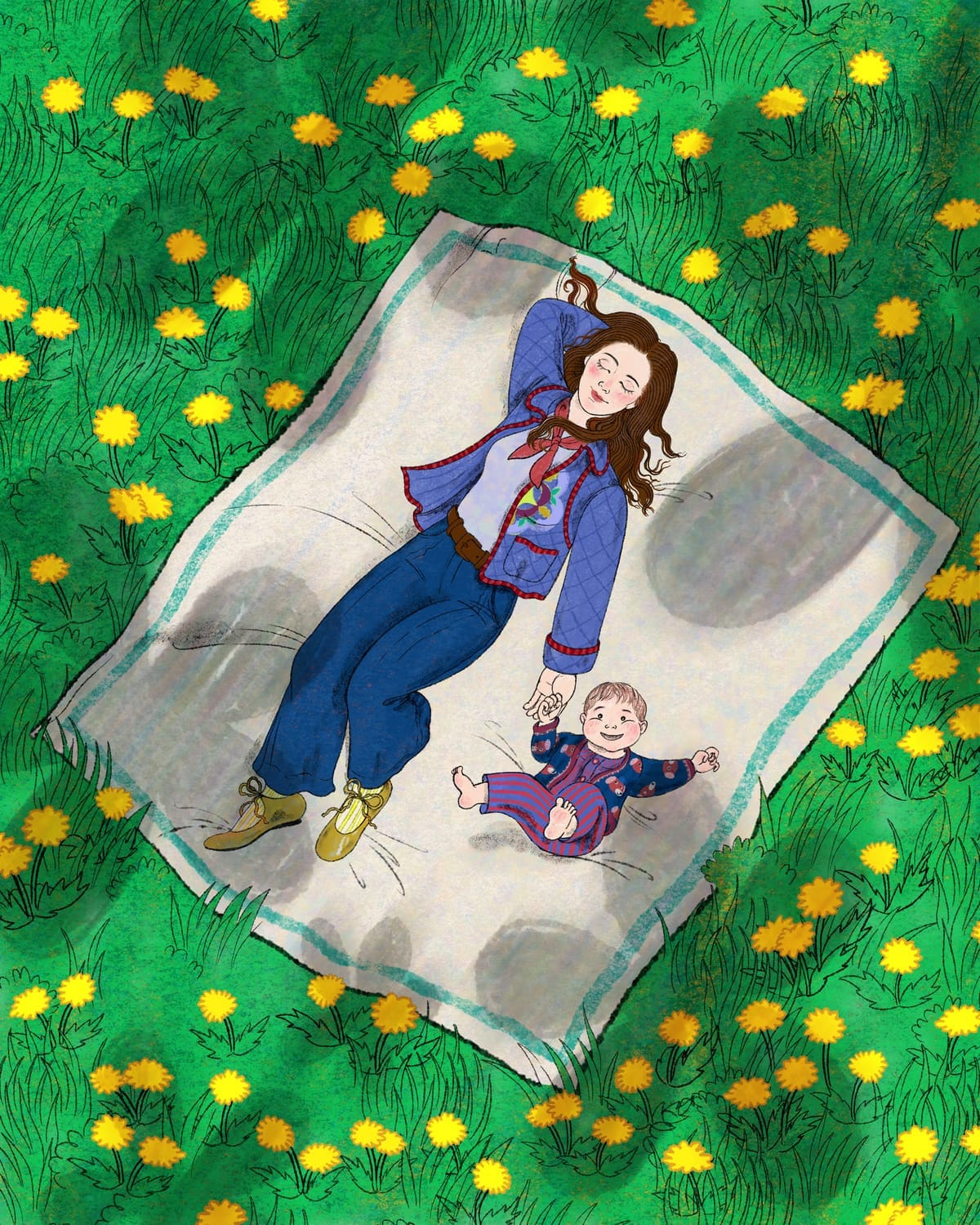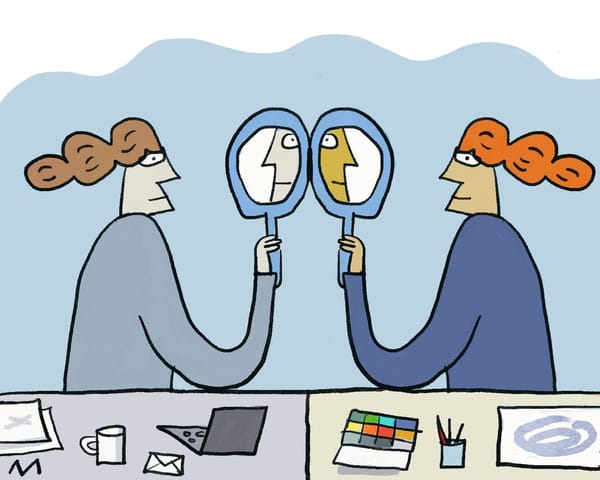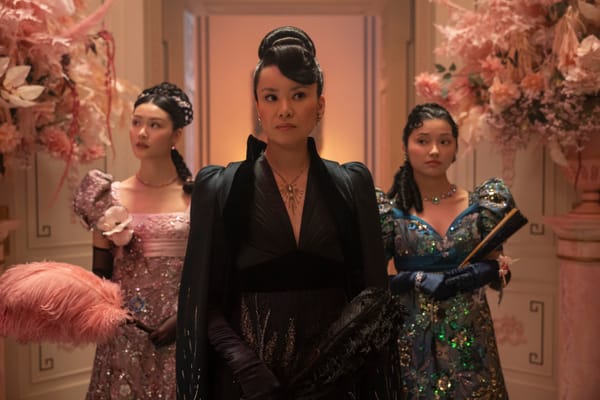If You Could Take a Pill That Erased Feelings of Guilt, Would You?
Imagine if women could unabashedly do their thing without worrying about others’ feelings.
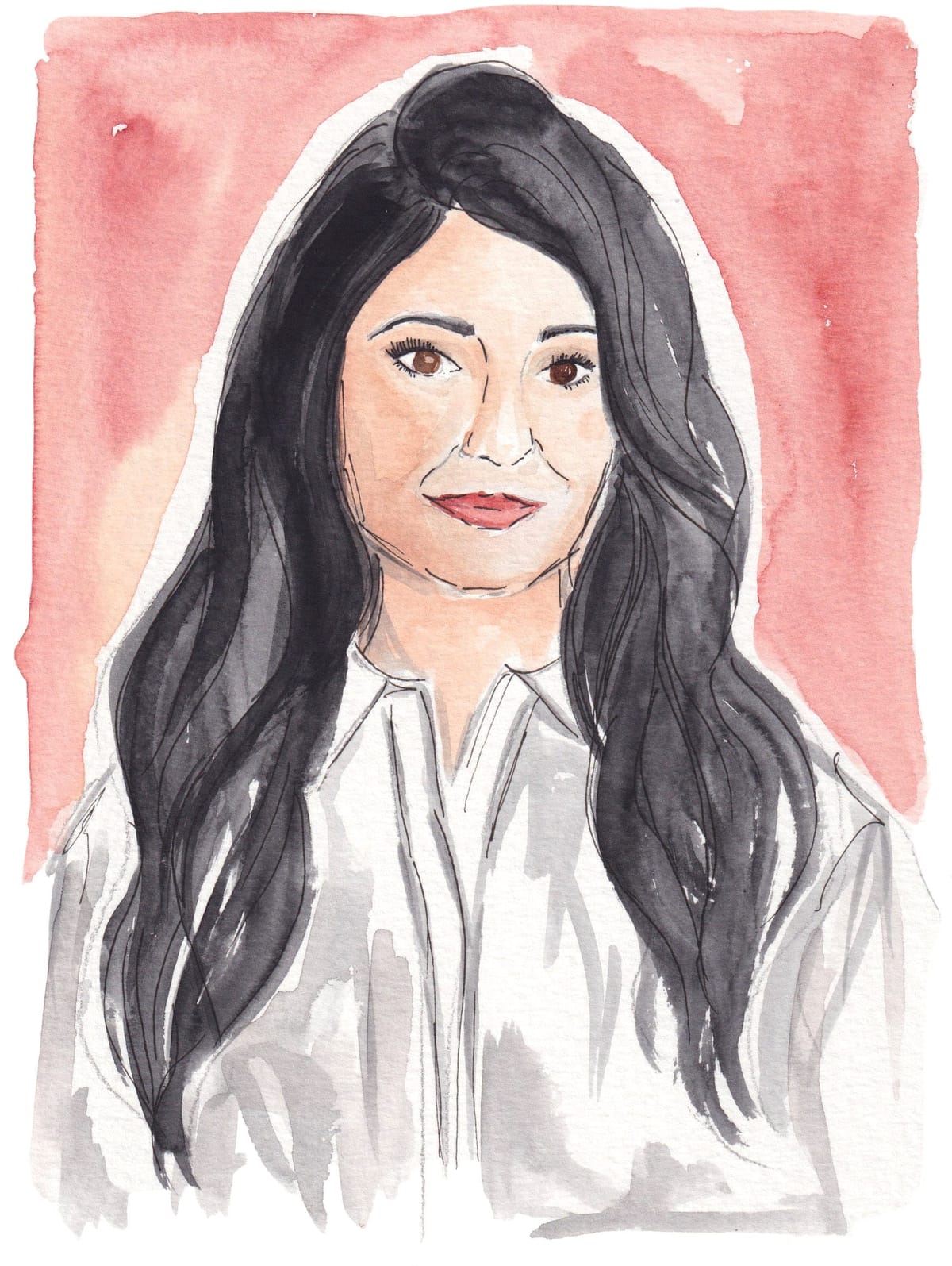
"Show me a woman who doesn’t feel guilty and I will show you a man," wrote Erica Jong in her 1973 feminist novel, “Fear of Flying.”
More than half a century on, little has changed. A 2010 survey in the U.K. cited in The Guardian, among others found that 96% of women said they felt guilty at least once in a 24 hour period. Men feel significantly less of it.
And when men do feel it, according to a 2022 study, it is more likely to be connected with misconduct or mistakes being made related to their marriage or relationship, whereas women are more likely to experience feelings of guilt connected to "family members, children, or an overall responsibility for the wellbeing of others.”
What if the solution was a magic pill to wipe out guilt, so women could unabashedly do their thing without worrying about others’ feelings or how they were perceived when choosing themselves? That’s the premise of a new novel, “The Guilt Pill,” by the author Saumya Dave.
The protagonist, Maya Patel, a mom and startup-CEO, is drowning under the pressure of being/doing/having it all. Life is disastrous; she’s bone-tired and feels like a failure in every aspect of her life. Simultaneously, on social media, her following is growing as she creates the illusion of “having it all.”
Cue the #Girlboss entrepreneur, who hands Maya a bottle of magical pills that promise to erase the guilt so Maya can unapologetically take on life on her own terms.
The book is an honest assessment of the self-flagellation many women succumb to for not fully showing up in any aspect of our lives while trying to do (and be) too damn much.
Saumya, a psychiatrist and author (and mom of two), agrees. We talked about gendered double standards, guilt as a societal issue, and whether a real-life “guilt pill” should exist. (And if it did, whether she’d take it.)
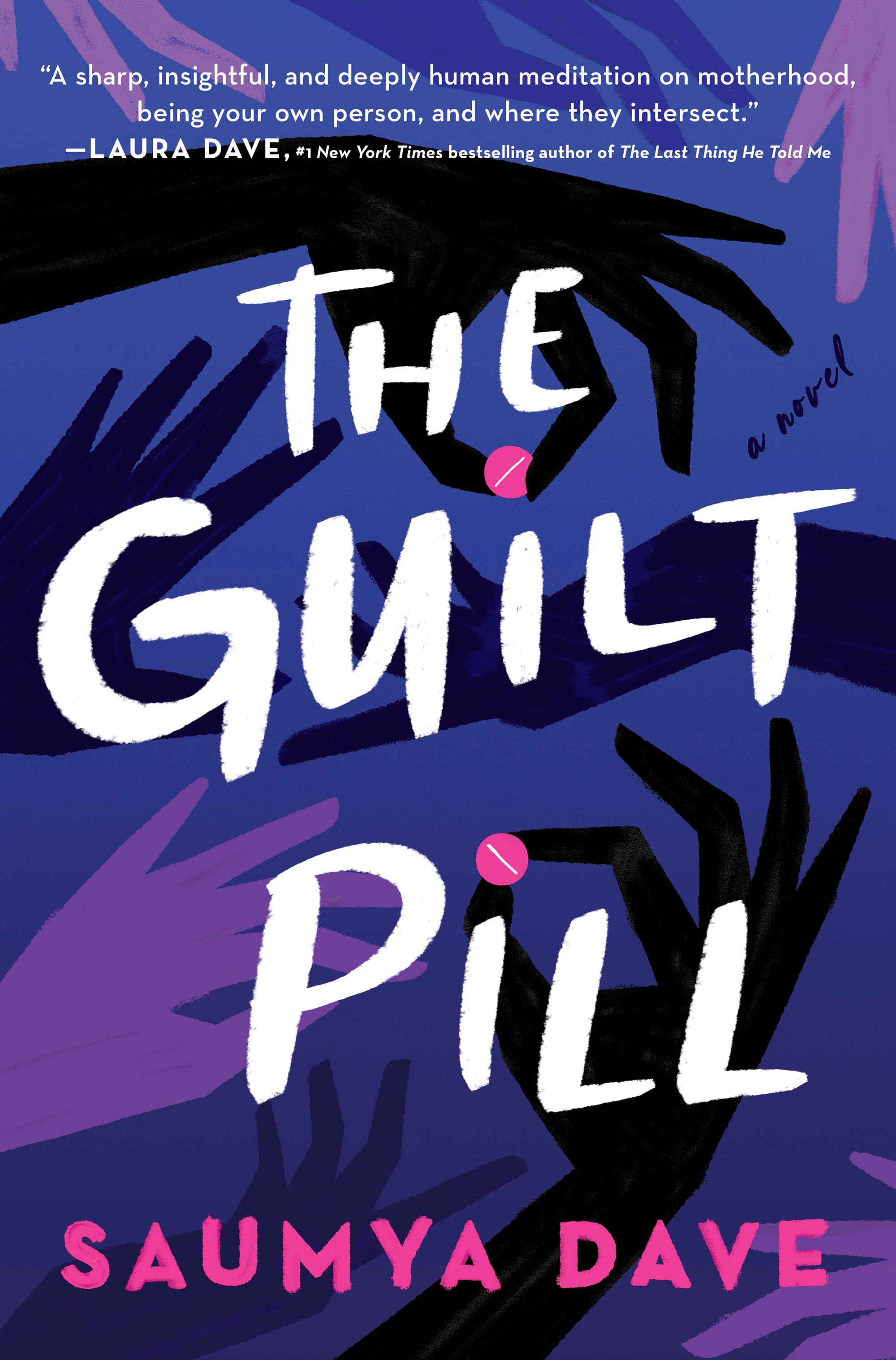
Your protagonist Maya Patel contains so many multitudes: mother, wife, CEO, daughter, child of immigrants, friend. It’s hard to pick just one to describe her because each title feels central to her! Any reflection, in part, on your own life?
I’ve been going from an either/or mindset to a both/and mindset. I grew up with unsolicited advice that you have to pick sides on everything. I have to either be a doctor or be a writer.
I found myself running up against these very rigid boundaries. I would also hear that when I was first pregnant, "You're a mom now. So that means everything is about your child, and it's not about you at all anymore. You're going to have to change and compromise."
But I’m a physician, a writer and a mom of two. I’ve realized that embracing different facets of our lives makes us feel fully human and allows us to show up for ourselves and for the people we love.
How do others perceive your multifaceted life?
I found it to be more ‘acceptable’ at first to be a physician. It was seen as a great use of time. Even, quite frankly, to be burnt out by this path was seen as a valid reason.
But if I were to say I’m pursuing anything creative, I was asked: “Can’t it wait? Can it be put off until your kids are older?”
Wow! Talk about laying on motherhood guilt! What has motherhood been like for you?
I did an OB/GYN rotation in medical school, so I thought I had some idea of what the body goes through during birth and postpartum. But I had no idea. No idea whatsoever!
What I found to be surprising was just how intense of a transformation it is. There’s a word I want more of us to know: Matrescence. It embodies the physical, emotional, hormonal changes that occur to a body in the pregnancy, birthing and postpartum process. It's the biggest hormonal shift outside of adolescence that happens to a human body.
I don't think I realized the impact of that and how being a mom would change my relationship with other people, the way I saw the world, my relationship with my own time, with my own body, and it really just had an effect on basically everything.
Talk to me more about the motherhood guilt aspect?
There's a lot more judgment towards mothers in general.
My husband took both of our kids on a flight on his own, and he said, “everybody was so nice to me at the airport.” Because a dad traveling solo with two kids is rare; we see a mom doing that all the time, and we don't see the red carpet rolled out.
The guilt is directly tied to expectations, to judgment, to what we associate with what a mom is supposed to do.
Do men not experience guilt? Asking in both, your experience as a mother and psychiatrist.
There’s an interesting tie between caregiving and accountability, which guilt is related to.
In the 2022 book Mother Brain by Chelsea Conaboy, there’s research that during paternity leave, many fathers experience the same structural changes to the brain that are associated commonly with mothers. So we see changes in the gray matter happen with caregiving work to both mothers and fathers on caregiving leave.
I think that emotions like guilt come from fully feeling that sense of duty and responsibility.
In fact, my husband now does feel 'dad' guilt when he travels for work.
But dad guilt is not the same as mom guilt. Why?
Socialization starts very young for women and girls. All the girls that I knew growing up and even now in my [psychiatry] practice, I hear how women are so aware of other people's emotions, how we anticipate other people’s needs, how to care for others. We are primed to be caretakers—just look at the toys marketed to girls that aren’t marketed to boys!
In adulthood, those same feelings come out. Questions like, “Am I likable? Am I doing enough for other people? Who am I in relation to others and what they think of me?” We are conditioned to associate all that with our self worth.
So is guilt an inborn issue or a structural one?
I think about guilt in two categories. Maladaptive guilt is guilt that was taught to us by societal expectations. It comes from messages that are more emotional muscle memory. It’s the guilt when we know we're not doing something wrong, but we still feel really bad about it.
Adaptive guilt is when we’re doing something that's not in alignment with our values, and it's trying to rein us in.
So my take is this—rather than banish guilt, we should try to understand what it's trying to tell us. Is it falling into that maladaptive category or adaptive? Can we look at it with curiosity and compassion instead of judgment? I don't think guilt is either all good or all bad.
I think it can cue us to what we really want to do.
But we must be allowed to sit with it and understand it instead of either making it go away or making a judgment on ourselves because we feel it.
I love how much you explore the pressures of being a South Asian daughter in this book.
There’s research on how motherhood is particularly hard on high-achieving women because babies are unpredictable, and those mothers can feel failure more acutely if things aren’t going the way they planned with their baby.
So when I was thinking about my character, what type of South Asian woman would feel this to an extreme if things with her baby are not going as anticipated, it had to be someone who faced a lot of responsibility her entire life.
I knew that Maya had to be an eldest daughter, someone who felt like she was a caretaker from a young age, a child of immigrants, so she was that person in her family who translated a lot of things and looked out for her family, internalizing it all.
I really appreciated that, as it’s an additional layer which some of our non-immigrant peers might take for granted, and which definitely compounds when you add the expectations of motherhood. It’s amplified by how men aren’t expected to show up in the same ways at all—as sons, sons-in-laws or fathers—as you explore in your book too. Still, you wrote Maya’s partner, Dev, as quite a present father.
I wanted Maya to have a husband who really wanted to do his best. But the systems were actually holding him back—lack of paternity leave, for one.
I also wrote how he is raised with a lot more privilege than she is, and so even his perspective of how to handle problems is often, “Oh, just pay for it,” as if that's some magical solution.
Right. You wrote about Maya in childhood and her parents are people who cleaned hotel rooms and bathrooms as a point of contrast to show, of course, that not everyone can just pay for caregiving support. As for Maya, the adult, taking care of the newborn falls on her because she’s earning less…
We make people choose between having an income and childcare. Dev is not toxic. He's actually a very well-meaning and loving husband. But he is also limited and restricted by the systems that he's in.
Paternity leave is so important. Postpartum anxiety rates went down after fathers took enough leave in France.
This one policy has a ripple effect that is so powerful. Caregiving is everyone's work.
Should a guilt pill exist? Would you take it yourself?
I don't know if we should have one. I'm also very aware of how, with devices, we have so many ways to distract ourselves and to avoid uncomfortable situations or emotions.
Of course, I’ve met so many readers who have told me they would take it if it existed. So that’s been really interesting to me.
